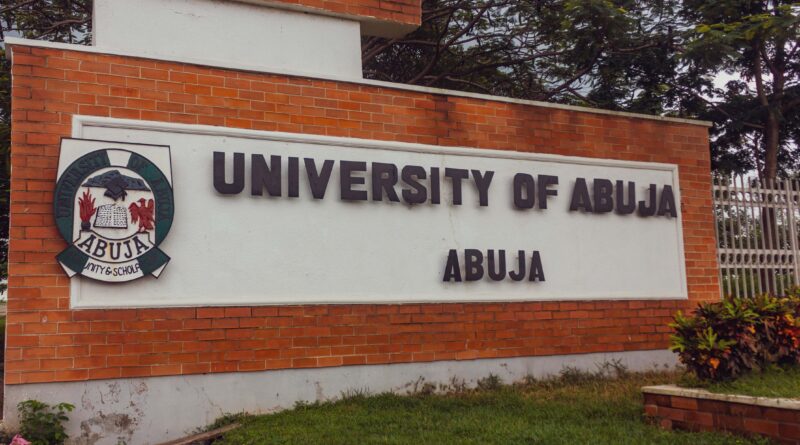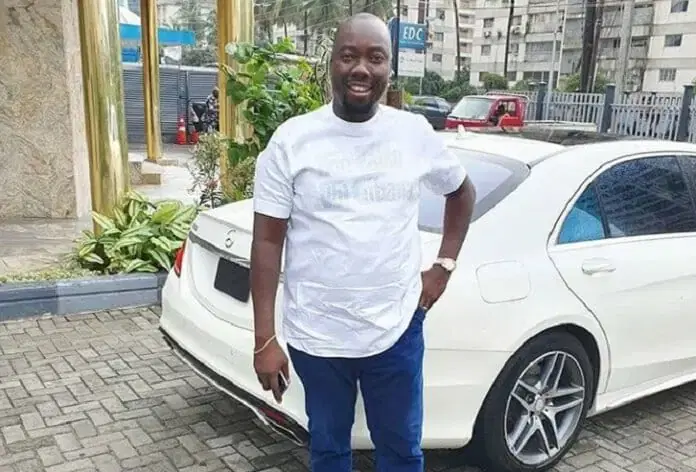Politics and Controversy Surround University of Abuja VC Selection Process
The selection process for a new Vice-Chancellor (VC) at the University of Abuja has become a source of political drama and controversy. Since the departure of the former VC, Professor Abdulrasheed Na’Allah, on July 1, 2024, the university has been embroiled in a leadership crisis. This has significantly delayed the appointment of a new VC, with high-level intrigues and disputes overshadowing the process.
The controversy primarily revolves around the efforts of certain senior professors to prevent the appointment of Professor Aisha Maikudi, the acting VC and a law professor, as the new substantive VC. This issue came to the forefront when the previous VC, Na’Allah, in the absence of a governing council, advertised the VC position in March 2024. This move was rejected by the Academic Staff Union of Universities (ASUU), University of Abuja chapter, leading to an 82-day strike, as they argued that only the governing council had the authority to issue such an advertisement.
Following the inauguration of the university’s governing council, chaired by Air Vice Marshal Saddiq Ismaila Kaita (retd), the advertisement was reviewed and extended, with a new deadline set for early October 2024. The new Minister of Education, Dr. Olatunji Alausa, expressed concern over the delay and directed that the VC selection process be completed by December 31, 2024. In response, the council expedited the process, narrowing down 87 applicants to 40 shortlisted candidates.
However, a scheduled Senate meeting on December 23, 2024, to finalize the selection was disrupted by protests from some Senate members who refused to participate, citing issues with the selection criteria. Dr. Habib Yakoob, the university spokesperson, confirmed that a meeting to address the protests did not take place, adding further tension to the already contentious process.
The University (Miscellaneous Provisions) Act of 1993 mandates that the governing council appoints the VC, with specific guidelines for advertising the vacancy, shortlisting candidates, and forming a selection board. This process is further guided by the “Guidelines for the Appointment of Vice Chancellors, Rectors, and Provosts” set by the Federal Ministry of Education (FME) and the National Universities Commission (NUC) in 2013.
Amid the ongoing drama, some university lecturers have taken to the streets to protest what they see as an attempt to impose Professor Maikudi as the new VC. They claim that the process is being manipulated to favor her appointment. Allegations have also surfaced that the former VC, Na’Allah, struck a deal with certain professors to ensure that Maikudi would succeed him.
In a minority report submitted to the Minister of Education, two council members, Professor Ralph Akinfeleye and Mrs. Chisom Dorcas Obih, accused the chairman of the governing council of deliberately excluding them from the selection board in order to facilitate Maikudi’s appointment. They also criticized the rushed timeline for the selection process, particularly the scheduling of interviews during the Christmas and New Year holidays.
The university’s ASUU chapter has called for transparency in the VC selection process. Dr. Sylvanus Ugoh, the ASUU chairman, emphasized the union’s commitment to monitoring the process to ensure fairness and due process. The union, however, clarified that it was not involved in setting the selection board but would continue to advocate for transparency.
In response to the allegations, a Civil Society Coalition for Education Development has stated that there is no legal requirement for professorial experience to be considered for the VC position. The group has urged President Bola Tinubu to intervene and resolve the ongoing crisis, which they believe is being fueled by vested interests within the university.
Despite the protests and allegations, the university’s spokesperson, Dr. Yakoob, has denied claims of candidate imposition, stating that Professor Maikudi, like all other candidates, is fully qualified and competent to assume the role of VC.
As the selection process continues, it remains unclear whether the university will be able to resolve the ongoing crisis and appoint a new VC by the minister’s deadline. The situation highlights the complexities and political dynamics that often accompany leadership appointments in Nigerian universities.








